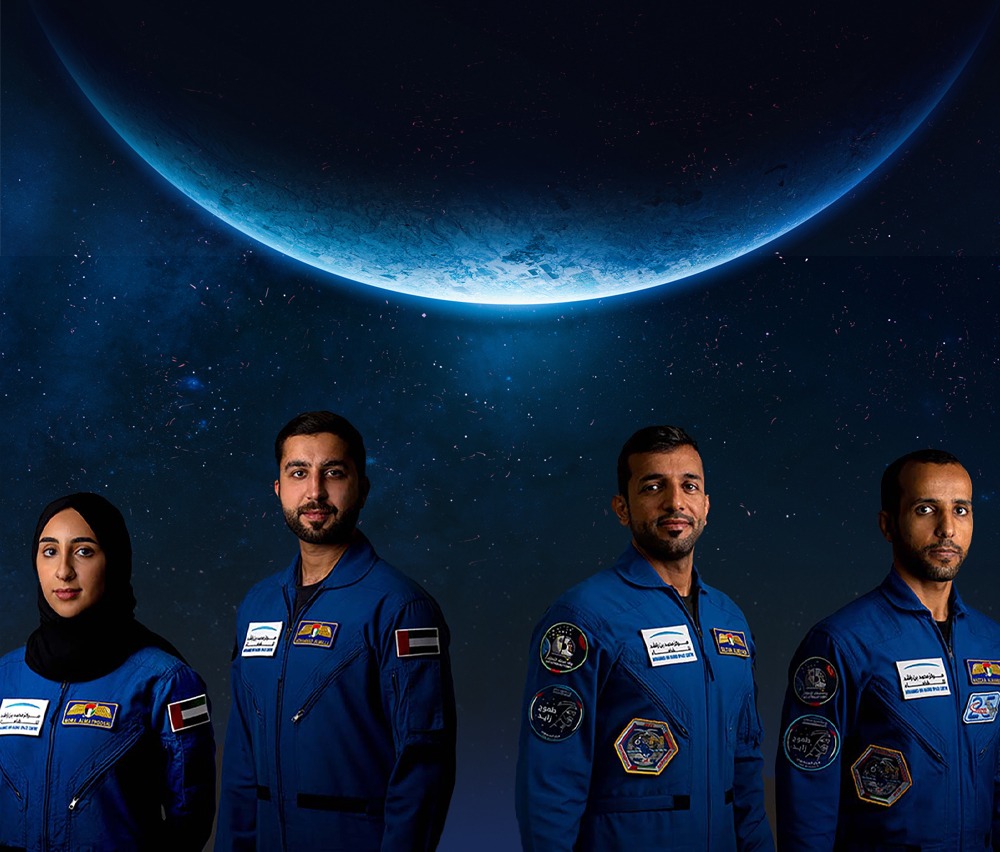With the return of astronaut Sultan Al Neyadi from the International Space Station (ISS) following a mission that lasted a record-breaking six months, the UAE Astronaut Programme commemorates its accomplishments. The programme, which was started in 2017, prepares Emirati astronauts for space missions by increasing knowledge, qualification, and scientific research in preparation for the UAE’s participation in upcoming space missions. It aspires to increase the UAE’s global space footprint while creating a national scientific team and encouraging young people to pursue STEM careers.

The programme promotes ICT research and development in the UAE and is run by the Mohammed bin Rashid Space Centre (MBRSC) and sponsored by the ICT Fund of the Telecommunications and Digital Government Regulatory Authority (TDRA).
Hazza Al Mansoori and Sultan Al Neyadi were chosen as the first astronauts in 2018, and Al Mansoori became the first Emirati in space in 2019. The UAE became the 19th country and the first Arab nation to reach the ISS with Al Mansoori’s launch in 2019.
The preparation process included extensive training in Germany, the US, and Russia on how to use the ISS, handle crises, and put on spacesuits. Over 90 courses and 1,400 training hours were completed by the astronauts.
During his mission, Al Mansoori carried out 31 scientific experiments, worked with foreign space organisations, and had 15 experiments with UAE schools as part of MBRSC’s Science in Space programme.
The UAE Astronaut Programme enters a new era as a result of Al Neyadi’s successful flight, continuing to develop scientific research and contribute to international space exploration for the good of humanity.

